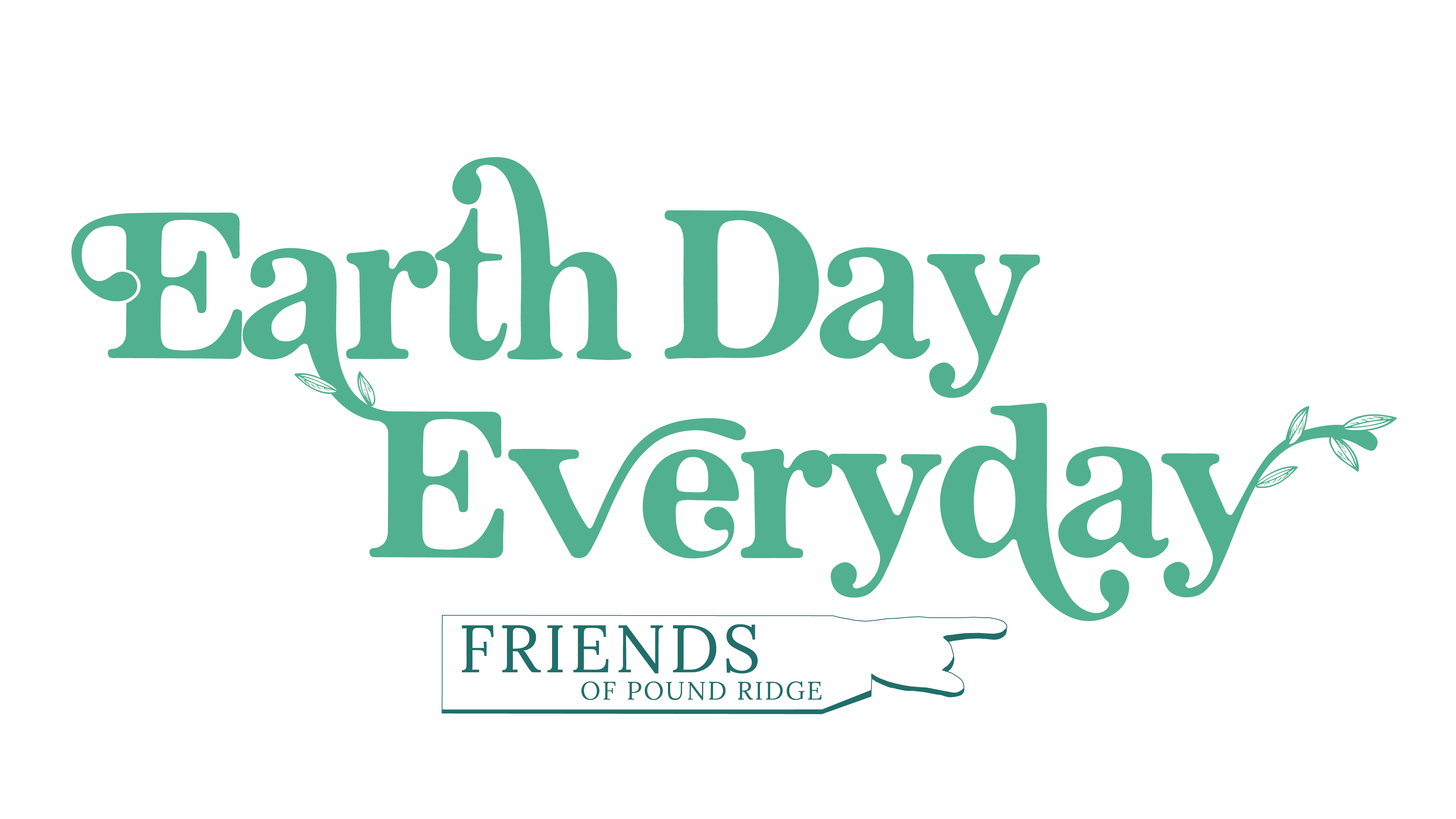What is composting?
Composting is natural organic matter being returned to the earth, where it came from.
Let’s start simple. Let’s say you ate a banana, and you’re leftover with the peel. If you are composting, you’d put that banana peel in your compost pile/bin. The banana is then broken down and turned back into soil, which you can use in a garden/farm to grow more bananas.
When organic matter (food, plants, etc) breaks down, it needs oxygen to break down properly. When it is put in a landfill, it’s not able to breakdown because of the mixture of non-organic products, and then releases methane gas (one of the greenhouse gases!) into the atmosphere. Methane is an extremely powerful greenhouse gas (even worse than CO2) and is a major contributor to climate change.
When organic matter is put into a compost pile, it’s properly aerated and able to break down and turn right back into soil.
Why should I compost?
According to the EPA, in 2018, the US produced 292.4 million tons of waste. That’s ~4.9 pounds per person, per day. Not only that, but we also waste approximately 40% of our food. That’s 10% higher than the global average. By composting, you can divert a huge portion of your own trash and make a really big impact.
Composting is the single most effective way to reduce your trash!
How do I compost?
There are a lot of different ways to compost. The most affordable option would be in your backyard! You can check out our guide all about how to get started with a backyard compost here. Backyard composting is perfect for composting all of your fruit and vegetable scraps.
There are also compost programs you can participate in! In Pound Ridge, these programs include Community Compost and Curbside Compost, which you can learn more about here. These programs offer commercial composting which allows you to compost all of your food scraps which include meat, dairy, and soiled paper towels and napkins. TLDR: Community Compost is another great affordable option. With this option you’ll drop off your scraps at your convenience at the Pound Ridge Recycling Center. Curbside Compost is incredibly convenient and amazing for busy people. With this option, you’ll leave your compost bin out (just like your regular trash!) for a weekly pick up.
What can be composted?
This depends on how you’re composting. Starting out composting can be a bit overwhelming at first, but we’ve gathered an easy to read reference list. One thing to note- there is a definite difference between what you can compost in your backyard and what you can compost at your community dropoff/curbside pick up! But have no fear – we’ve got both lists for you.
For a quick overview: With backyard composting, you’ll want to have a mixture of both “browns” (dry, carbon-rich plant materials) and “greens” (moisture, nitrogen-rich plant materials). Every time you add greens to your compost, be sure to also add browns. The optimal brown (carbon) to green (nitrogen) ratio is 30 to 1. While composters aim for that perfect ratio, the composting process will still happen, just not as efficiently.
- Pro tip: Make sure to avoid putting any meat, meat drippings, and dairy products in your backyard compost.
- Pro tip #2: Be wary of “compostable plastic” items like disposable plates and cutlery. These items are bioplastic that will not break down in your backyard compost, and most composting facilities won’t accept them either. Opt for reusable instead!
If you are composting through a community compost program, company, or trash pick up service, follow the guidelines of what they allow directly from their website (and if you live in Pound Ridge, we’ve gathered that info for you. It can vary, but most will accept all of the greens listed above plus meat and dairy products.
Where do I start?
We’re so excited you want to start composting! If you’re ready to get started, choose one of the options above or do a hybrid of backyard composting, fruit and vegetable scraps only and one of the commercial composting programs to add your meat and dairy scraps, and soiled paper towels and napkins as well.
Reduce Single-Use Plastic
If you want to continue to make a greater impact, consider reducing single-use plastic as well. Here is an article to get you started.
